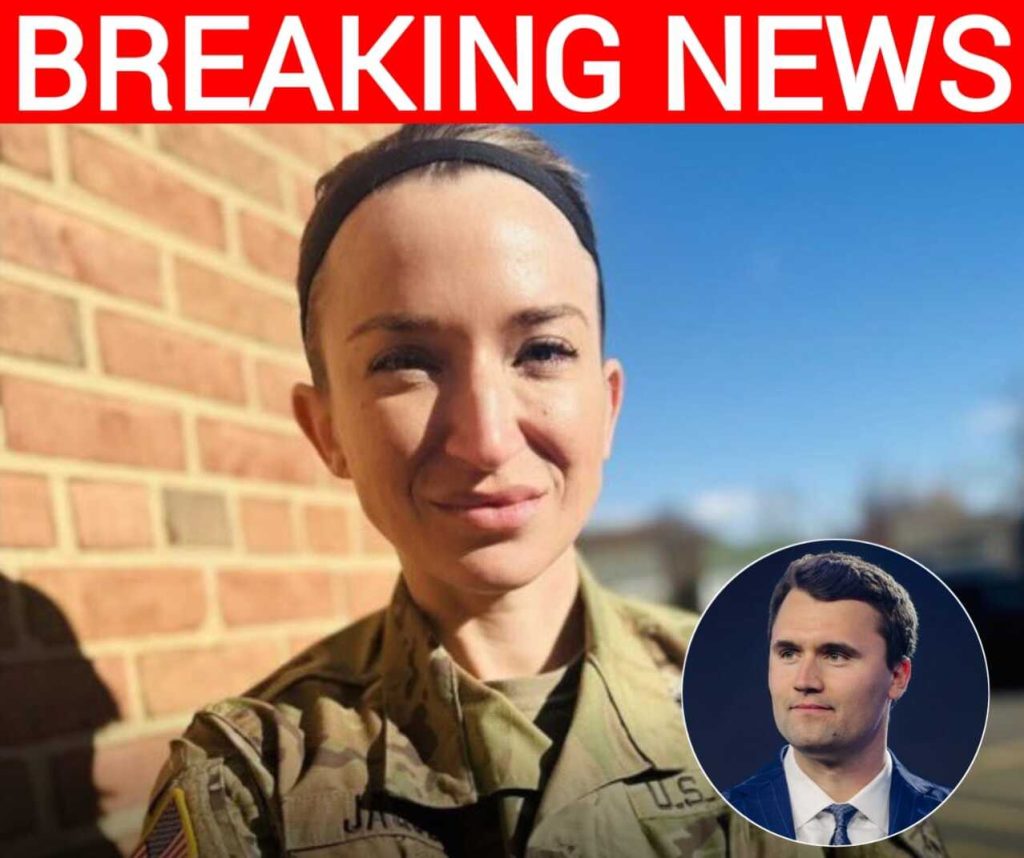Major Sydney Jaques, Active Duty Army HR Officer, Faces Backlash After Mocking Charlie Kirk’s Death As “Ironic and Theatrical” On Social Media
The shockwaves from Charlie Kirk’s death are still being felt across the country, and now the controversy has reached the U.S. Army after a senior officer made remarks online that many found deeply offensive. Major Sydney Jaques, an active duty HR officer, has come under fire for mocking Kirk’s killing in a social media post, describing it as “ironic and theatrical.” Her words have spread quickly, sparking outrage from people who believe someone in her position should uphold a higher standard of respect, especially when it comes to public tragedies.

In her post, Jaques argued against portraying Kirk as a martyr or comparing him to religious figures, saying that she refused to post anything emotional or sympathetic in the way others had. Screenshots of her comments were shared widely, drawing sharp criticism from those who felt that even if she did not support Kirk’s politics, basic compassion for his grieving family and children should have guided her response. The fact that the remarks came from someone in uniform only amplified the anger, with many pointing out that military officers represent not just themselves but the values of the Army.
For supporters of Kirk, the pain of his loss is still raw. Tributes have poured in from across the nation, ranging from vigils and memorials to personal stories of how he impacted their lives. To see his death mocked or dismissed as “theatrical” has added insult to injury for many who view him as a husband, a father, and a man whose voice resonated with millions. The backlash against Jaques reflects not only frustration with her words but also the broader cultural divide over how public figures are remembered after their deaths.

The Army has not released a formal statement yet, but the conversation online has already taken on a life of its own. Critics argue that someone entrusted with the role of guiding soldiers and managing human resources should be especially mindful of the weight their words carry. Others have suggested that this episode shows how blurred the line has become between personal opinions shared online and the professional standards demanded by institutions like the military.
What remains clear is that the anger over these remarks is not fading quickly. For many, this was not about politics but about decency. A family is grieving, children have lost a father, and communities across the country are mourning. The expectation is that in moments like this, empathy should come first, regardless of personal or political beliefs. Instead, Jaques’s words struck many as cold and dismissive, fueling a backlash that has only grown louder by the day.
Charlie Kirk’s death has already become one of the most emotionally charged moments in recent memory, and the reactions to it—whether filled with compassion or cruelty—continue to reveal the deep divisions in American life. For Major Sydney Jaques, what began as a personal post has now become a national controversy, and it is one more reminder that in the digital age, words do not disappear. They live on, carrying consequences that can last far beyond the moment they are written.



